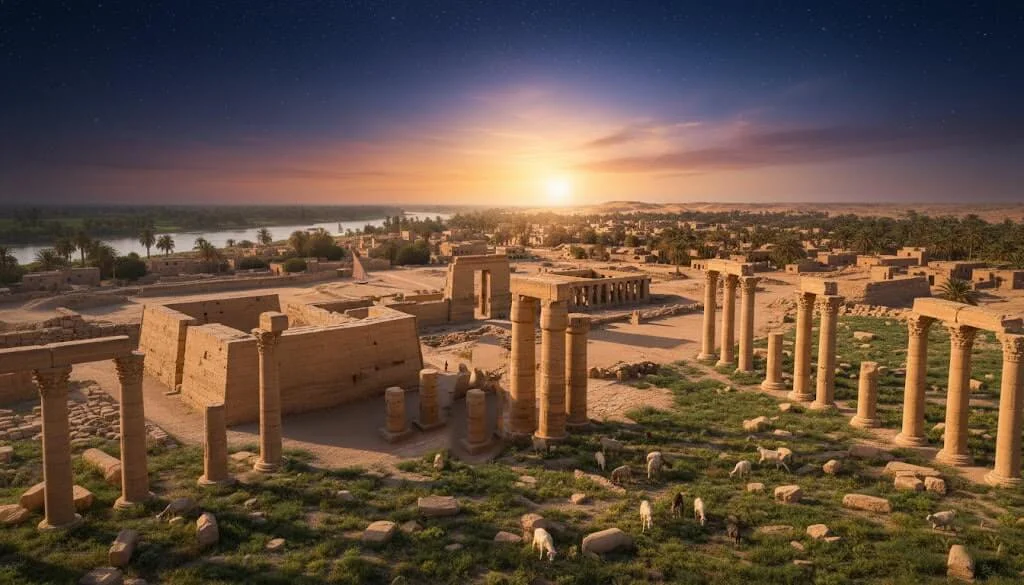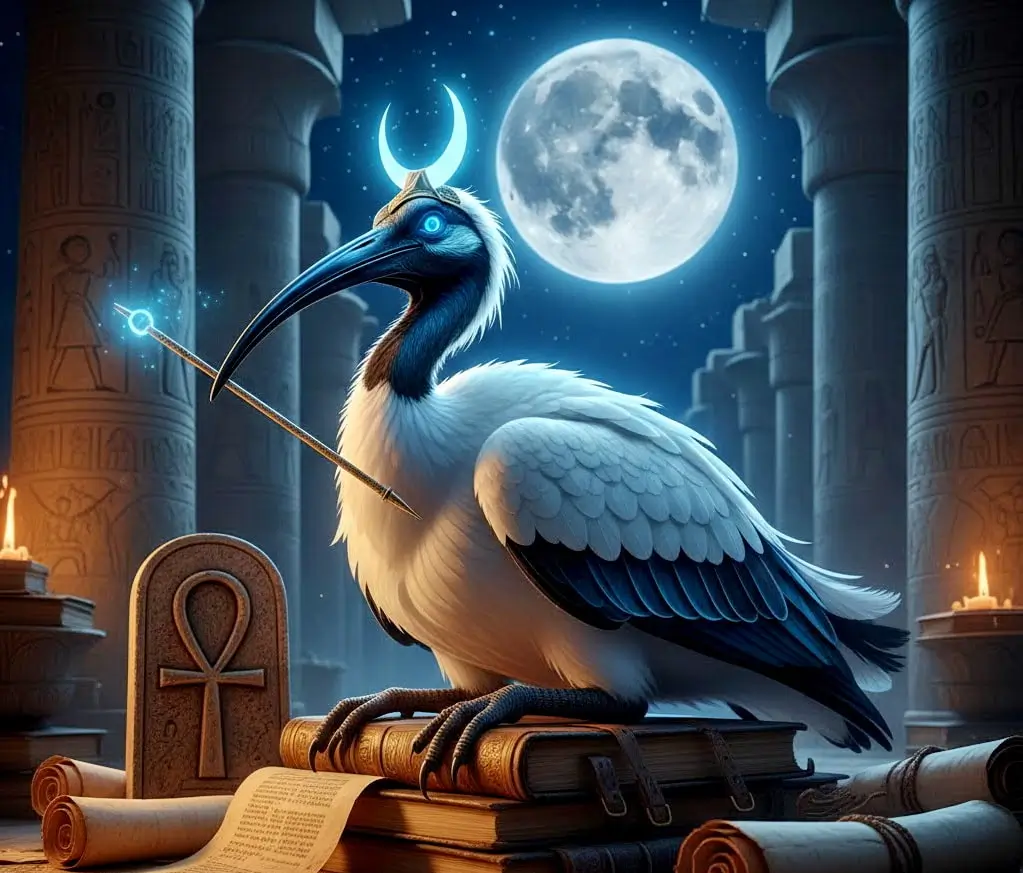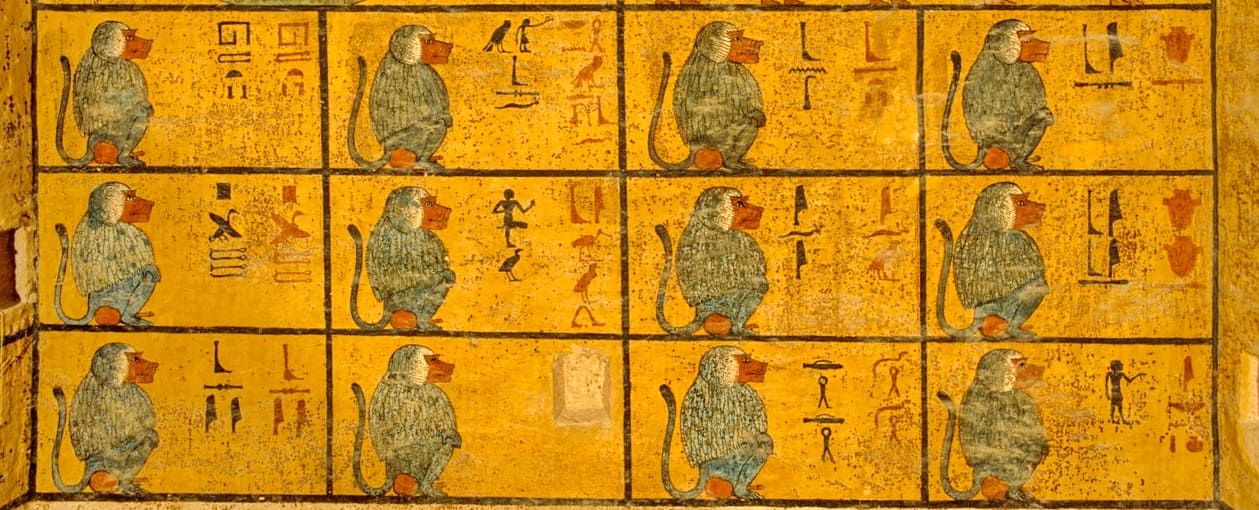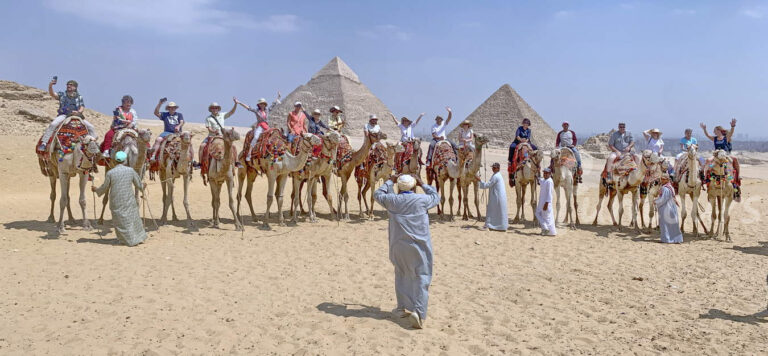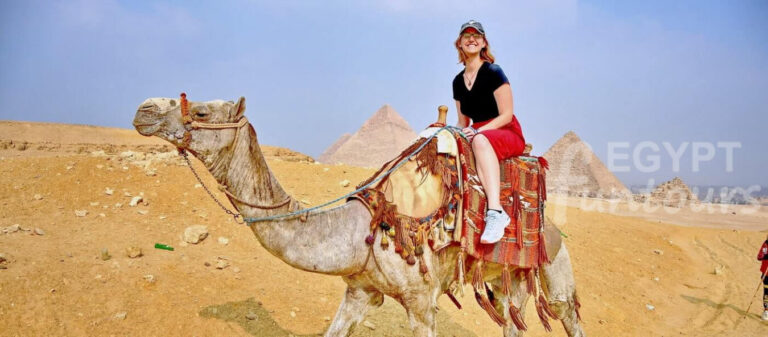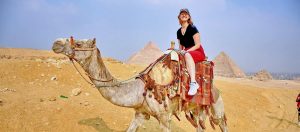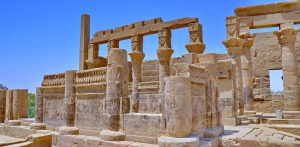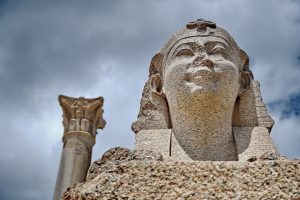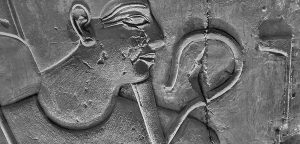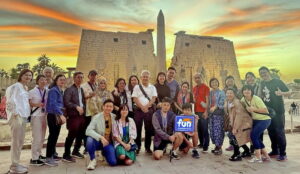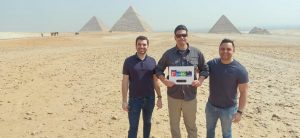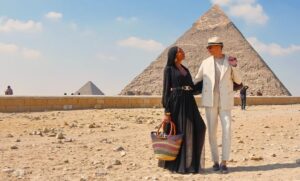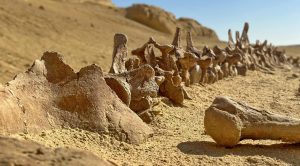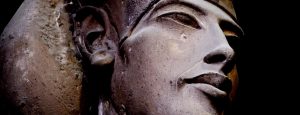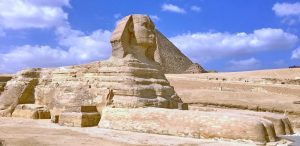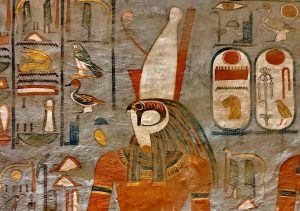The Wisdom of Thoth: The Scribe of the Gods
The Esteemed and Wise God Thoth: A Deep Dive into Ancient Egypt’s Master of Knowledge. Thoth, depicted with the head of an ibis or a baboon, was a multifaceted deity. He held dominion over wisdom, magic, and writing. His influence was fundamental to Egypt civilization.
The Multifaceted Role of God Thoth
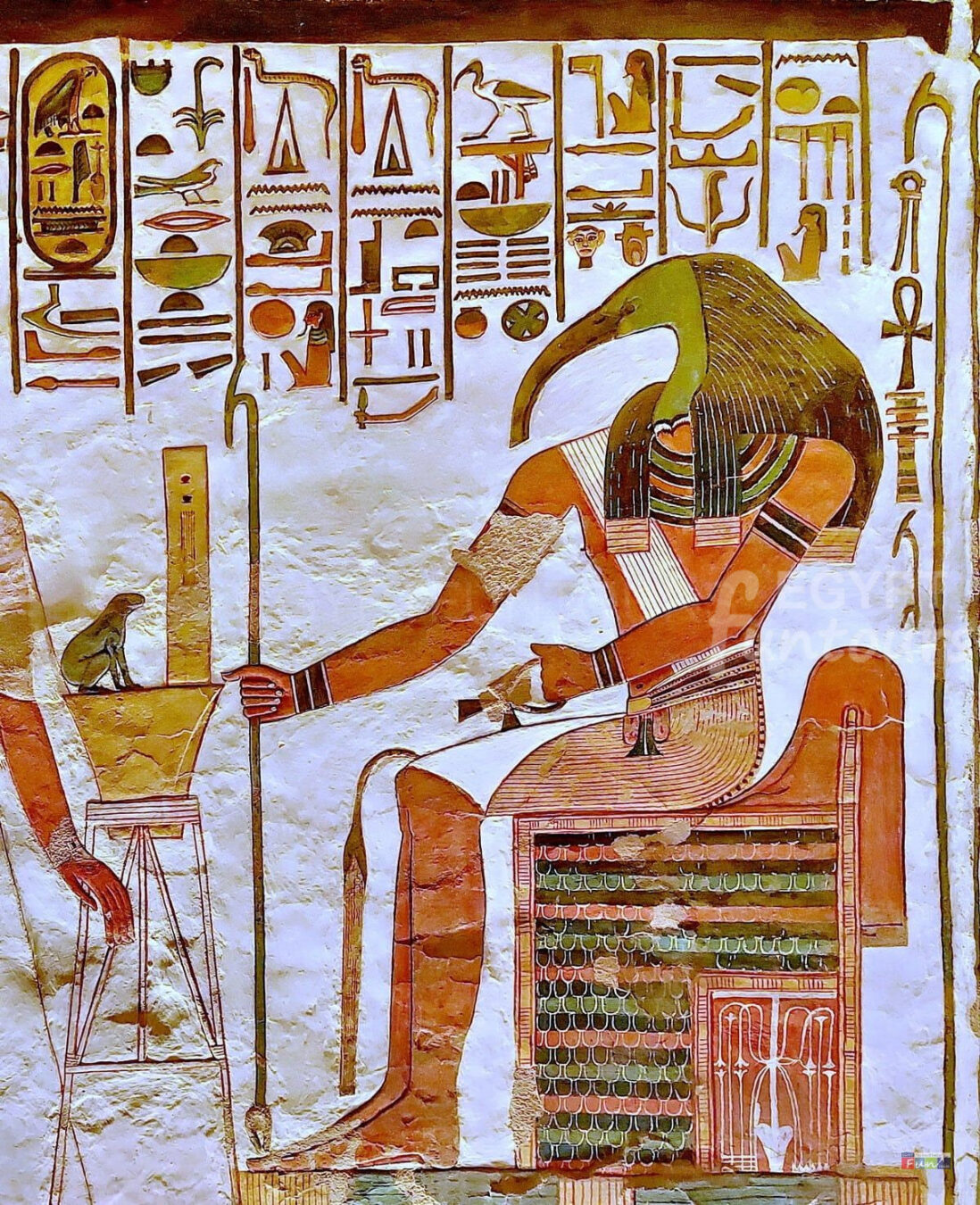
Ancient Egyptian mythology boasts a rich pantheon of deities. Among them, the god Thoth stands out for his profound wisdom and diverse responsibilities. Revered as the god of writing, magic, knowledge, and the moon, Thoth was a central figure in nearly every aspect of Egyptian life and belief. His influence stretched from the cosmic order to the daily lives of scribes and scholars. He was a deity of immense importance, often seen as the divine intellect behind creation itself.

